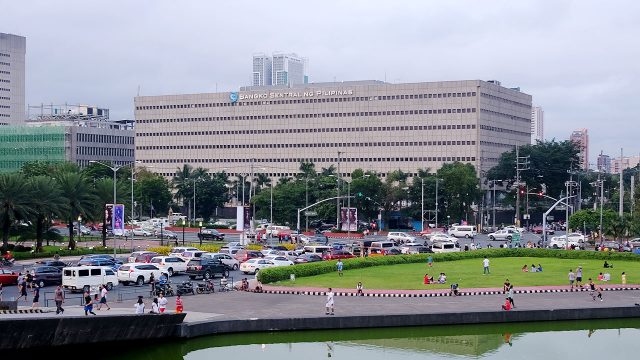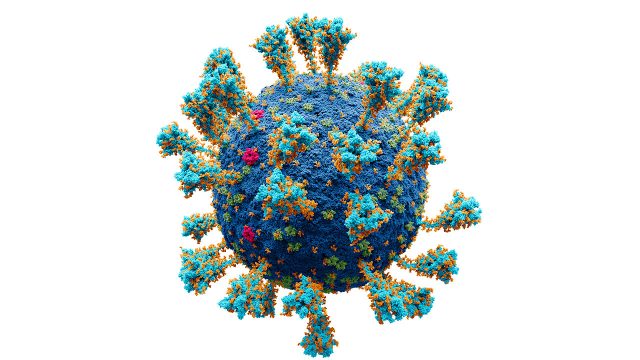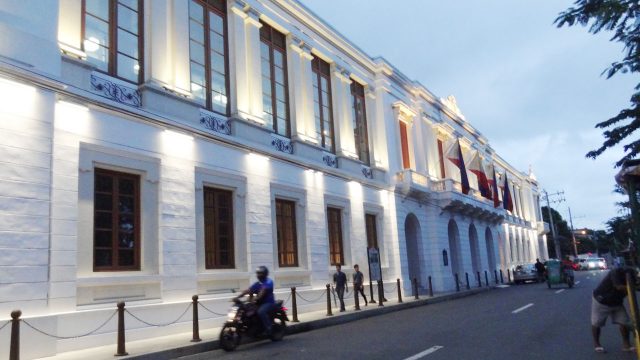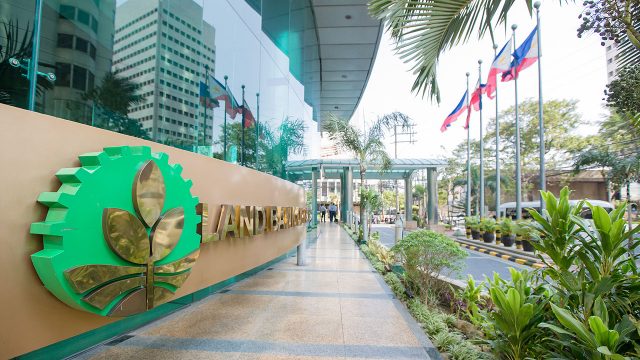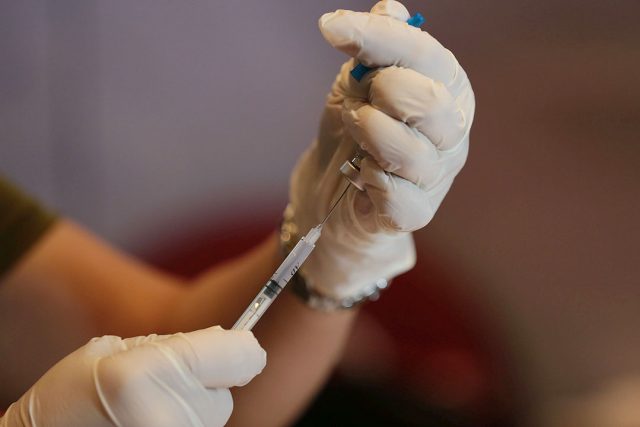COVID-19 response should include stronger tobacco control, experts say
WITH SMOKERS at higher risk of developing severe coronavirus disease 2019 (COVID-19) symptoms, the Philippines needs stronger smoking cessation campaigns and stricter implementation of existing tobacco policies as part of its COVID-19 response, according to public health experts.
“Smoking can create comorbidities. It increases risk of heart problems and COPD (chronic obstructive pulmonary disease). It could lead to lower resistance to infections like COVID-19,” said Dr. Glynna Ong-Cabrera, chair of the Philippine College of Chest Physicians’ Council on the Control of Tobacco and Air Pollution, in a public health forum this August.
In addition to at least 70 chemicals in cigarettes known to cause cancer, she warned that the act of smoking itself increases the risk of getting COVID-19: “When people smoke, they have to remove their mask and face shield, touch the cigarette, and put it into their mouth.”
Considering the surge in COVID-19 cases, doctors urged the government to step in. “Tobacco products are very addictive, so even under economic stress, people still find it very hard to quit. It’s not just up to the person,” said Dr. Anton Oliver M. Javier, technical and policy committee member of the Philippine Society of Public Health Physicians. “Government, within reasonable limits, should use its power to regulate such products.”
The Department of Health and Civil Service Commission’s Joint Memorandum Circular 2010-01, which prevents the tobacco industry from interfering in policy-making, should be strengthened, according to panelists.
“Tobacco industry interference is meant to clean the image of the tobacco industry through their donations to the government, but it’s minimal compared to the economic costs brought by their effects,” said Sophia Monica V. San Luis, executive director of the law group ImagineLaw.
The Tobacco Atlas reported in 2018 that the economic cost of smoking in the Philippines amounts to P269,326 million, which includes direct costs of healthcare expenses and indirect costs from lost productivity.
Ms. San Luis also called for the stricter implementation of Republic Act No. 9211, or the Tobacco Regulation Act of 2003, which regulates smoking in public places and restricts tobacco advertising, promotion, and sales. This includes online selling of tobacco products, which doctors said is a problem during the pandemic.
Even children are suffering, said Dr. Rizalina Racquel H. Gonzalez, chair of the Philippine Pediatric Society’s tobacco control advocacy group, who talked about the adverse effects of secondhand smoke on kids and the dangers of picking up the habit at a young age.
“It is alarming that even with the pandemic, the tobacco industry continues to market their products aggressively, even online, attracting our youth to regularly use tobacco products and all its forms,” she said. — Brontë H. Lacsamana



